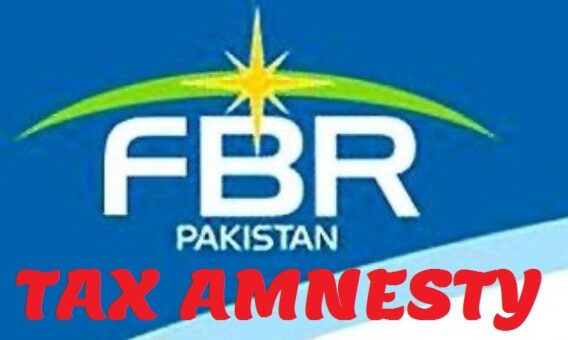ISLAMABAD: Pakistan and Saudi Fund for Development (SFD) have signed debt service suspension agreements amounting $846 million, a statement said on Thursday.
The agreements have been signed under the G-20 Debt Service Suspension Initiative (DSSI) Framework.
Nawaf bin Saeed Al-Malkiy, Ambassador of the Kingdom of Saudi Arabia to Pakistan witnessed the signing ceremony held in Islamabad.
READ MORE: SBP signs $3bn deposit agreement with Saudi Fund
Dr. Saud Ayid R. Alshammari, Director General for Asia represented the SFD in the signing ceremony.
This amount which was due to be paid during the testing period from May 2020 to December 2021 will now be repaid over a period of six years starting from 2022 in semi-annual installments.
READ MORE: Saudi oil facility for Pakistan to start soon
Due to the support extended by the Saudi Fund for Development – one of the major bilateral development partners of Pakistan – along with other bilateral creditor countries, the G-20 DSSI has provided the fiscal space which was necessary to deal with the urgent health and socioeconomic needs of the Islamic Republic of Pakistan.
The total amount of debt that has been suspended and rescheduled under the DSSI framework, covering the period from May 2020 to December 2021, is $ 3,688 million.
READ MORE: KSA extends oil on deferred payments to Pakistan
Pakistan has already concluded and signed 80 agreements with 21 bilateral creditors for the rescheduling of its debts under the G-20 DSSI framework, amounting to rescheduling of $ 2,088 million.
The signing of agreements with the Saudi Fund for Development brings the total rescheduled amount to $ 2,934 million while negotiations for the remaining $ 754 million are underway.
The agreements for this amount are expected to be signed with respective bilateral development partners within the current fiscal year.
READ MORE: PM Imran thanks Saudi assistance; dollar retreats








